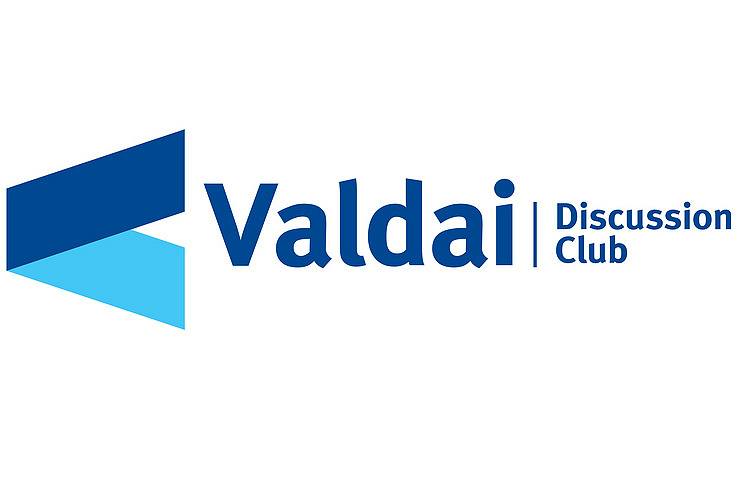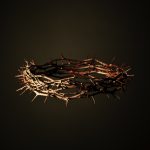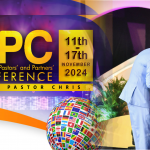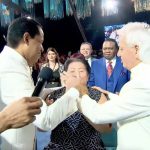
The following is culled from the Meeting of the Valdai International Discussion Club, 24 October 2014.
PROFESSOR OF POLITICAL SCIENCE, DIRECTOR OF THE CENTER FOR GOVERNANCE AND PUBLIC POLICY AT CARLETON UNIVERSITY (OTTAWA) PIOTR DUTKIEWICZ: Mr. President, if I may I would like to go back to the issue of Crimea, because it is of key importance for both the East and the West. I would like to ask you to give us your picture of the events that lead to it, specifically why you made this decision. Was it possible to do things differently? How did you do it? There are important details – how Russia did it inside Crimea. Finally, how do you see the consequences of this decision for Russia, for Ukraine, for Europe and for the normative world order? I am asking this because I believe millions of people would like to hear your personal reconstruction of those events and of the way you made the decision.
VLADIMIR PUTIN: I do not know how many times I spoke about this, but I will do it again.
On February 21, Viktor Yanukovych signed the well-known documents with the opposition. Foreign ministers of three European countries signed their names under this agreement as guarantors of its implementation.
In the evening of February 21, President Obama called me and we discussed these issues and how we would assist in the implementation of these agreements. Russia undertook certain obligations. I heard that my American colleague was also ready to undertake some obligations. This was the evening of the 21st. On the same day, President Yanukovych called me to say he signed the agreement, the situation had stabilized and he was going to a conference in Kharkov. I will not conceal the fact that I expressed my concern: how was it possible to leave the capital in this situation. He replied that he found it possible because there was the document signed with the opposition and guaranteed by foreign ministers of European countries.
I will tell you more, I told him I was not sure everything would be fine, but it was for him to decide. He was the president, he knew the situation, and he knew better what to do. “In any case, I do not think you should withdraw the law enforcement forces from Kiev,” I told him. He said he understood. Then he left and gave orders to withdraw all the law enforcement troops from Kiev. Nice move, of course.
We all know what happened in Kiev. On the following day, despite all our telephone conversations, despite the signatures of the foreign ministers, as soon as Yanukovych left Kiev his administration was taken over by force along with the government building. On the same day, they shot at the cortege of Ukraine’s Prosecutor General, wounding one of his security guards.
Yanukovych called me and said he would like us to meet to talk it over. I agreed. Eventually we agreed to meet in Rostov because it was closer and he did not want to go too far. I was ready to fly to Rostov. However, it turned out he could not go even there. They were beginning to use force against him already, holding him at gunpoint. They were not quite sure where to go.
I will not conceal it; we helped him move to Crimea, where he stayed for a few days. That was when Crimea was still part of Ukraine. However, the situation in Kiev was developing very rapidly and violently, we know what happened, though the broad public may not know – people were killed, they were burned alive there. They came into the office of the Party of Regions, seized the technical workers and killed them, burned them alive in the basement. Under those circumstances, there was no way he could return to Kiev. Everybody forgot about the agreements with the opposition signed by foreign ministers and about our telephone conversations. Yes, I will tell you frankly that he asked us to help him get to Russia, which we did. That was all.
Seeing these developments, people in Crimea almost immediately took to arms and asked us for help in arranging the events they intended to hold. I will be frank; we used our Armed Forces to block Ukrainian units stationed in Crimea, but not to force anyone to take part in the elections. This is impossible, you are all grown people, and you understand it. How could we do it? Lead people to polling stations at gunpoint?
People went to vote as if it were a celebration, everybody knows this, and they all voted, even the Crimean Tatars. There were fewer Crimean Tatars, but the overall vote was high. While the turnout in Crimea in general was about 96 or 94 percent, a smaller number of Crimean Tatars showed up. However 97 percent of them voted ‘yes’. Why? Because those who did not want it did not come to the polling stations, and those who did voted ‘yes’.
I already spoke of the legal side of the matter. The Crimean Parliament met and voted in favour of the referendum. Here again, how could anyone say that several dozen people were dragged to parliament to vote? This never happened and it was impossible: if anyone did not want to vote they would get on a train or plane, or their car and be gone.
They all came and voted for the referendum, and then the people came and voted in favour of joining Russia, that is all. How will this influence international relations? We can see what is happening; however if we refrain from using so-called double standards and accept that all people have equal rights, it would have no influence at all. We have to admit the right of those people to self-determination.
For more alternate explanations about Ukraine, read Ukraine: The Truth






